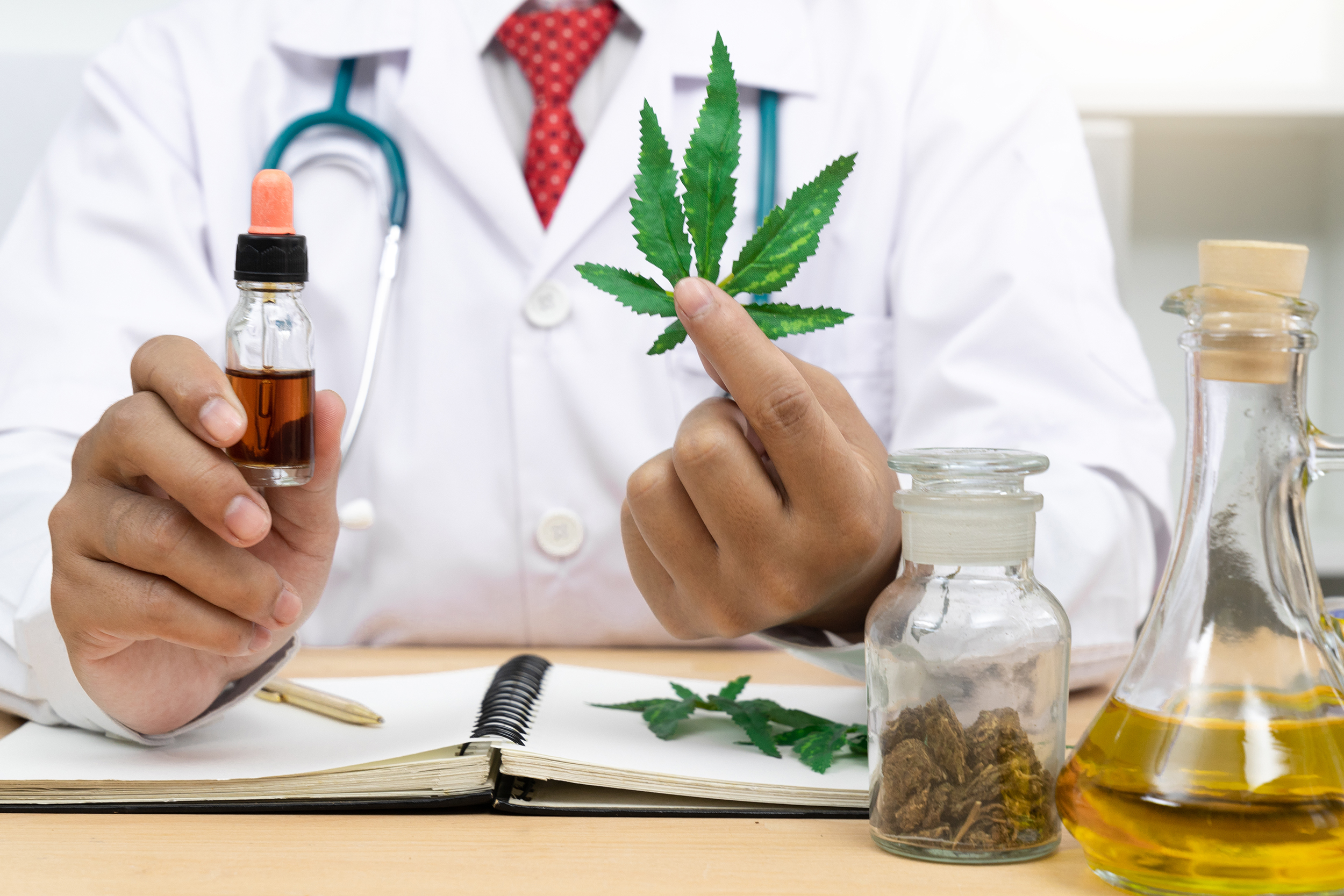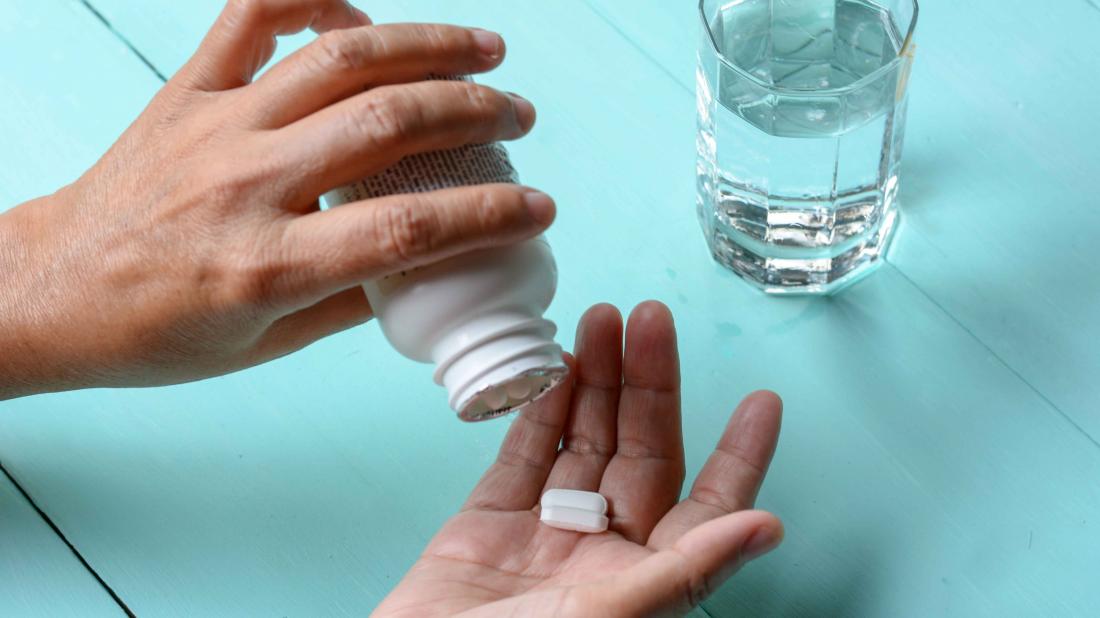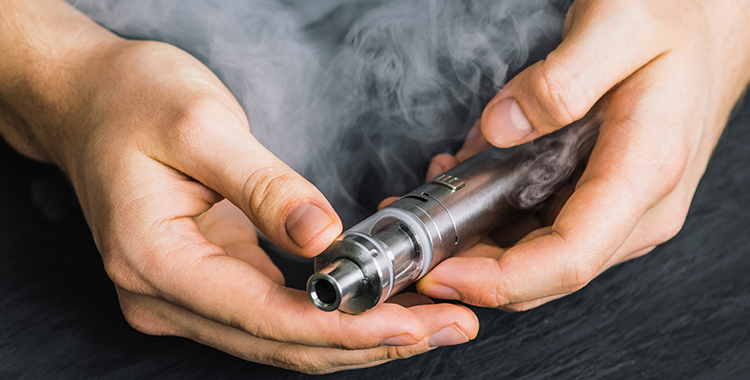Age-related changes and pregnancy can leave you with loose, excess fat and sagging skin around your tummy. East Windsor tummy tuck specialists offer surgical plans to restore your physical appearance to your satisfaction. They help in removing diet-resistant fat and excess skin to restore your body’s contours and self-confidence.
What is a Tummy Tuck?
A tummy tuck is a surgery that flattens your abdomen by eliminating the extra skin, fat, and contracting muscles in the abdominal wall. A tummy tuck is not similar to liposuction, but you can choose to get them simultaneously. This is a serious surgery, and if you are considering taking it, you should inquire about it before you carry on.
How to Prepare for Tummy Tuck Surgery
The very first step is choosing your surgeon and discussing your goal as well as some of the following options:
- Partial or mini-abdominoplasty. Partial-abdominoplasties are usually done when the fat deposits are below the navel. During this process, the surgeon is not likely to move your belly button, making the procedure take at most two hours, depending on your case.
- Complete abdominoplasty. The surgeon will make an incision at the abdomen from hip bone to hip bone and later contour the skin muscle and tissue as needed. This surgery involves moving the belly button. This means you will need drainage tubes beneath the skin for a few days.
If you smoke, the doctor may ask you to stop smoking at least two weeks before the surgery until 14 days after the surgery. You must quit smoking altogether because it causes complications and slows down healing.
Before surgery, you should not try a drastic diet. Ensure you take a balanced diet. A healthy meal helps the body to heal fast.
Before going into surgery, talk to your doctor about everything you take including herbal medicines, prescription drugs, and other supplements. The surgeon can advise you to stop taking certain medications before and after surgery.
Possible Complications
You will experience some pain after surgery. The doctor will give some prescription pain medicine and advise you on how to handle the pain better. Your skin may be sore for a couple of weeks or months. You may also experience bruising, tiredness, and numbness during that time.
In every surgery, there are risks, although they are rare. Complications may include blood clots, bleeding under the skin flap, or infections. If you have heart, liver, or lung disease, diabetes, and poor circulation, you are more likely to have complications.
You might experience poor healing which causes more visible scarring or loss of skin. If you experience inadequate healing, you might need a second surgery.
A tummy tuck leaves scars, though they might fade away slightly they will never completely disappear.
Certain ointments or creams might be recommended for you to use after you have healed fully.
If you are not comfortable living with loose and stubborn belly fat, book an appointment with Matthew J. Lynch MD Plastic and Reconstructive Surgery today. It would be best if you always weigh your options well with your surgeon before surgery.















